Lemons and limes might be among the most useful fruits in the kitchen and even beyond. Their bright, tart flavor livens up just about any dish, while their mildly acidic nature makes them incredibly useful when you want to clean your house safely.

Karen Ahn/Food Hacks
We already knew lemons were great for keeping fruits and vegetables from turning brown, deodorizing garbage disposals, disinfecting cutting boards, and neutralizing odors. But just when we thought we knew all the ways that lemons can be used around the house, it turns out there are even more...
#1. Make Hot Lemonade to Combat Cold & Flu Symptoms
When you're feeling feverish, sneezy, and achy, you need to stay hydrated and to ingest food with curative properties. Alas, it can be hard to stomach anything during those times.
Enter hot lemonade. It's made with the juice of one whole lemon (or more), hot water, and honey, cloves, and cinnamon to taste. Lemon juice is famously chock-full of vitamin C, honey has strong medicinal and antibacterial properties, while cloves and cinnamon have the highest levels of antioxidants among spices.
So the next time you're feeling under the weather, make hot honey lemonade. Along with being good for you, it tastes flat-out delicious, like a mug of liquid sunshine. If you need a little extra kick, you can even make a hot toddy by adding a little bourbon, rum, or another type of liquor.
#2. Lemon Juice Helps Pasta Cook Without Sticking
According to Cook's Illustrated, tap water tends to be slightly alkaline. It weakens the proteins within pasta, which then lets the surface starches take in more water and burst. No wonder sticky pasta is such a common problem! However, "adding two teaspoons of lemon juice to four quarts of cooking water strengthens the pasta's protein mesh and helps keep starch granules intact."

Acidifying the pasta water means that your spaghetti will emerge without clumping or sticking.
I've also heard that this works to keep rice fluffy, but the downside is that your rice may also end up tasting lemony, since it absorbs the cooking water.
#3. Use a Squeezed-Out Lemon Half to Scrub Your Sink
Aminta recommends using an old lemon half to scrub down your sink. As she describes it, "The acid in lemon juice acts as a natural cleaner and also as a bleach." She also suggests adding salt or baking soda to the lemon scraps first to use them as natural scouring sponges.

Slicing the border of the lemon lets it lie flat. That way you can get more scrubbing power out of it.
I've tried it, and it works—not only on kitchen sinks, but on bathroom sinks and on bathtubs, too.
#4. Lemon Peels Can Keep Brown Sugar Soft
Brown sugar has a disconcerting tendency to become brick-like after a few weeks. While there are lots of methods to soften brown sugar after the fact, you can prevent this from happening in the first place by placing a couple of lemon peels (with all trace of pith or fruit removed) in the container. There's no hard evidence as to why this works, but I'd guess that the essential oils in the peel act as a preservative while the peel itself contains moisture, keeping the sugar soft.

Karen Ahn/Food Hacks
In fact, citrus peels have a number of uses, including deodorizing your garbage and making your own flavored oils and vinegars, making homemade baking extracts, and making zest without any special tools. Be sure to check 'em all out.
#5. Use Lemons to Clean Your Cheese Grater
Shredded cheese is a staple in my house (nothing else will do when it comes to making grilled cheese), but I always shred my own since (a) it's cheaper and (b) pre-shredded cheese tends to be coated in starches and other fillers so the strands stay separated. That makes it taste flavorless, in my opinion.
But man, cleaning that dirty cheese grater is a pain. Thankfully, cleaning expert Leslie Reichert (via The Today Show) has a great idea: wipe down the surfaces of your grater with a quarter or a half of a lemon, let sit for a few minutes, then wash.

Karen Ahn/Food Hacks
The acid in the juices will loosen up the fat in the cheese. You can also dip the lemon in regular table salt and then scrub the grater if that thing is really cheesy.
#6. Clean Up Tarnished Copper & Brass with Lemon Power
If you have copper pots, pans, or mixing bowls, you know how beautiful this gleaming ruddy metal can be. To keep it in tip-top shape, you often need a mild acid to break down surface tarnish. Lemons, again, come to the rescue.
You can use half a lemon or lemon slices. Dip them in a coarse-grained salt, then gently rub them all over the copper surface you wish to clean. You can also make a paste of lemon juice and salt if that's more convenient. You should see an immediate improvement.
If you don't have any lemons handy, you can also use a favorite condiment to get it gleaming again.
#7. Use Lemons to Get Dead Skin Off Your Knees, Feet, & Elbows
While there are many people out there who love to put lemon juice on their face for exfoliation and other purposes (some swear it's a miracle for removing zits), we'd say you're better off skipping that beauty routine. There are many reports that the acidic nature of lemon juice can damage delicate facial skin. Keep in mind that applying citrus in the form of juice or oils can cause phototoxicity, i.e., leave it more prone to developing sun damage.
However, we can get behind using half a lemon on really rough, callused skin like your elbows, knees, heels, and the soles of your feet. That skin is pretty tough and can deal with lemon juice's bite. You can also dilute lemon juice with water just to be on the safe side.
Leave it on for a minute or so, then wash/rinse it off. Be sure to apply a good, non-irritating moisturizer afterward (that usually means fragrance-free). Don't expose the exfoliated skin to sunlight for at least 24 hours just to be safe.
#8. Brighten Nails Immediately with a Lemon Twist
Nails can get discolored for all kinds of reasons—poor diet, smoking, working with your hands. There are lots of methods out there for getting them clean and white again, but I've found the easiest way is to stick your fingernails in half a lemon, swivel them around, then go wash your hands almost immediately.

It helps to use a nail file to clean under your nails first.
Remember, lemon is acidic, so the longer you let the stuff sit on your nails, the more likely it is weakening them. Fortunately, lemon works pretty quickly—just remember not to overdo it.
Get More Lemony Goodness
Find out how to squeeze every drop of juice out of your citrus, juice them without any special tools, and how to get all the juice, but no seeds.









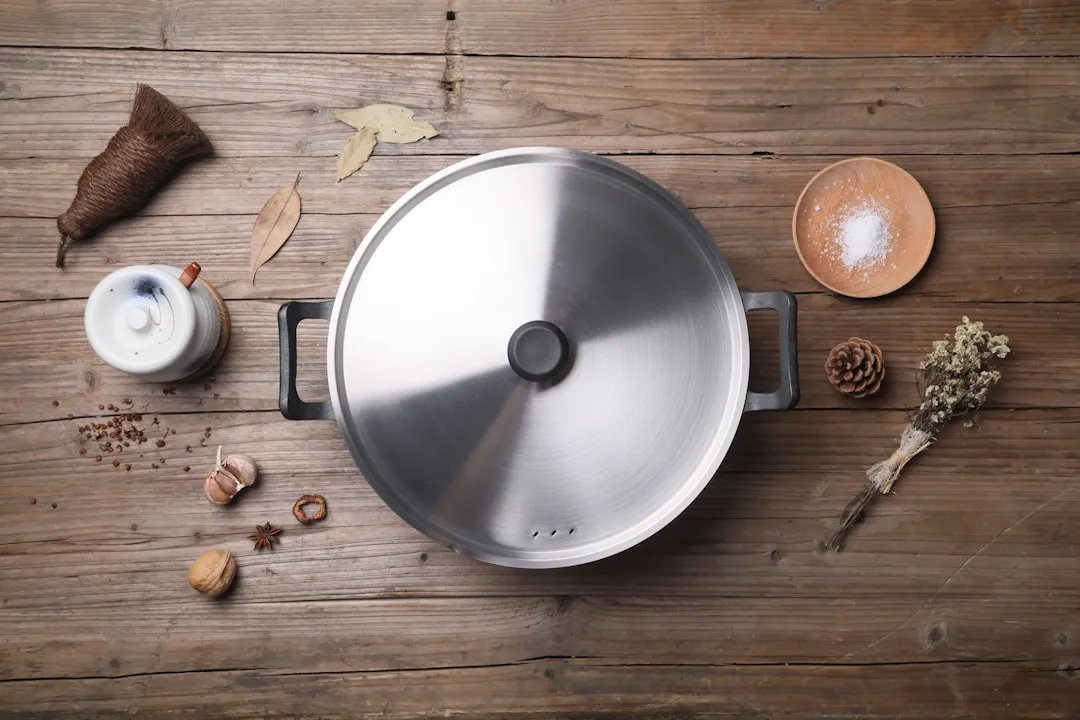


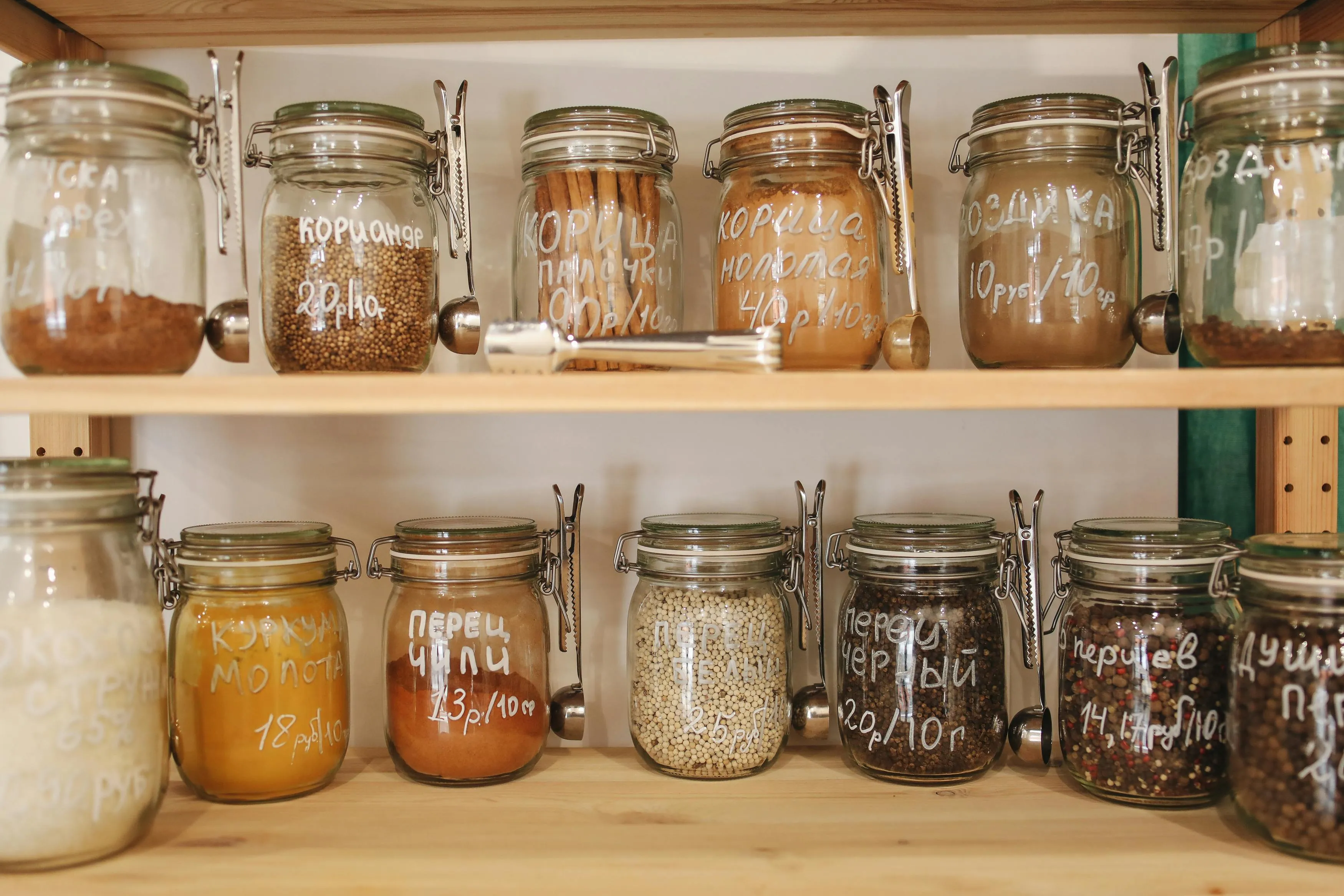


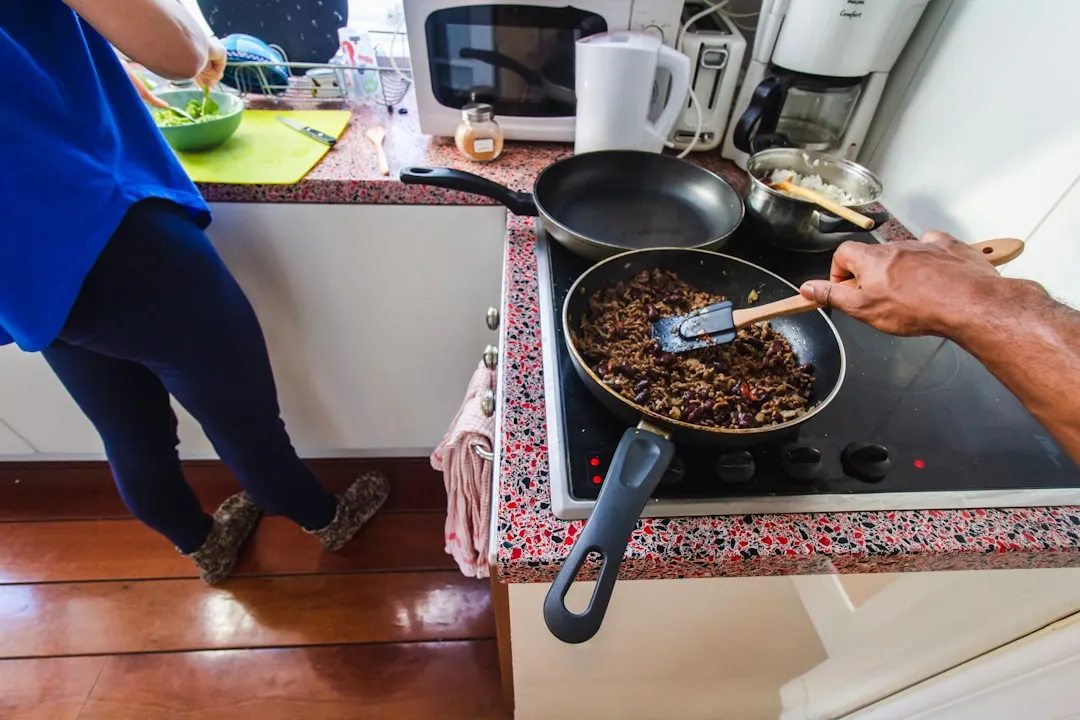


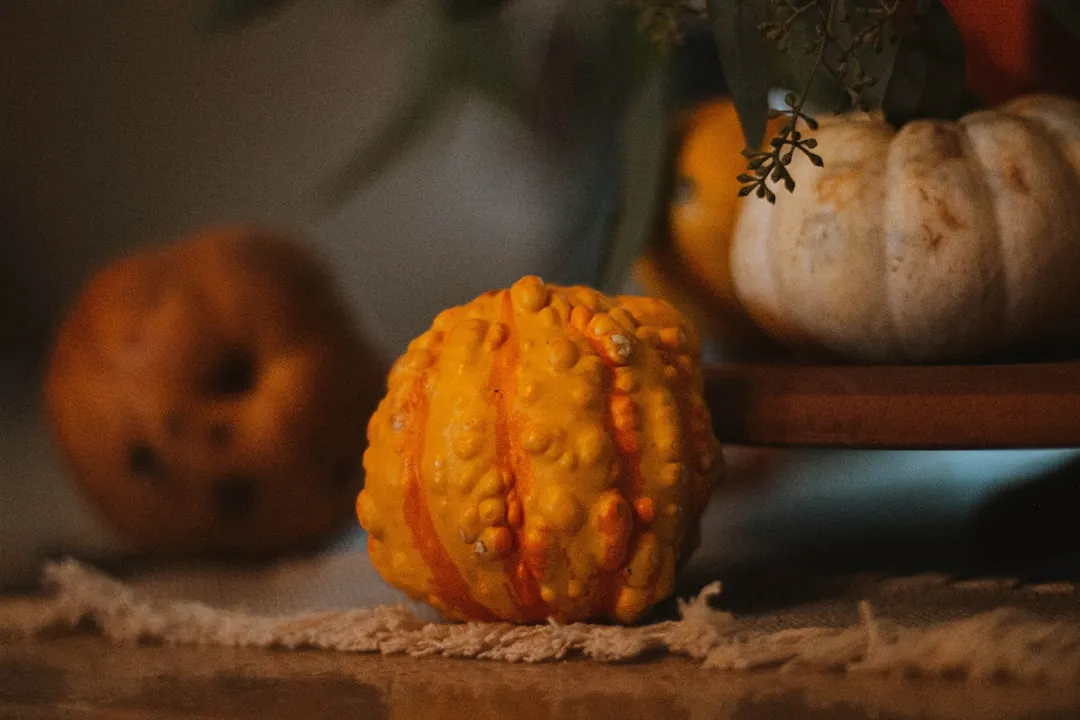
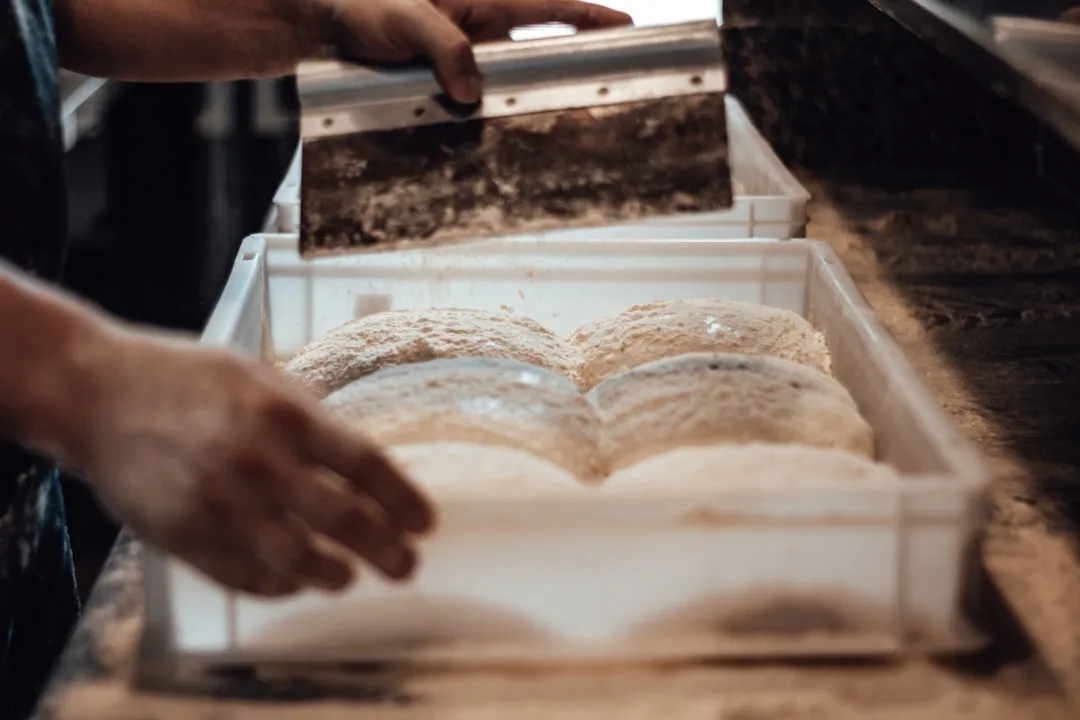
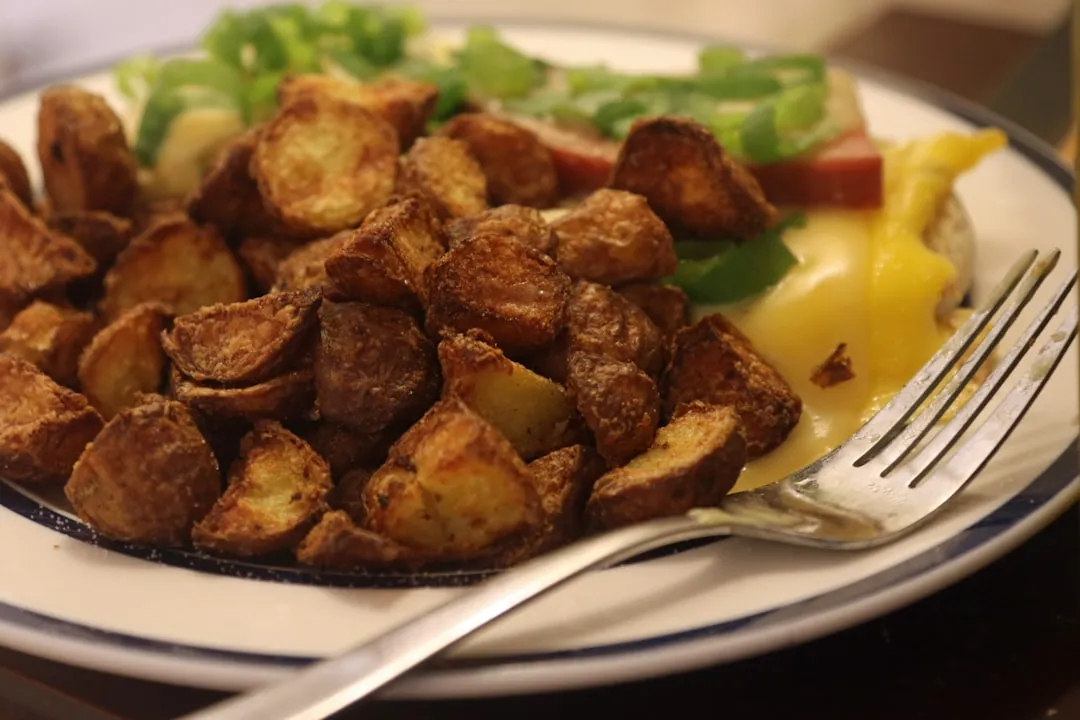
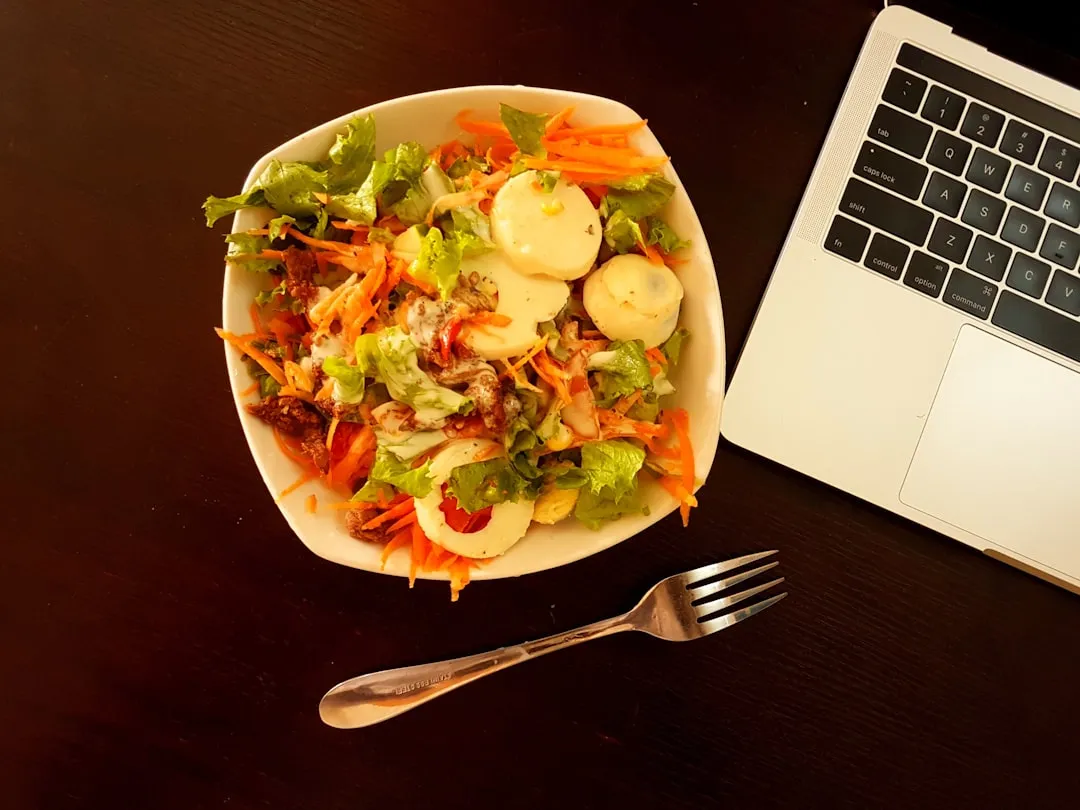
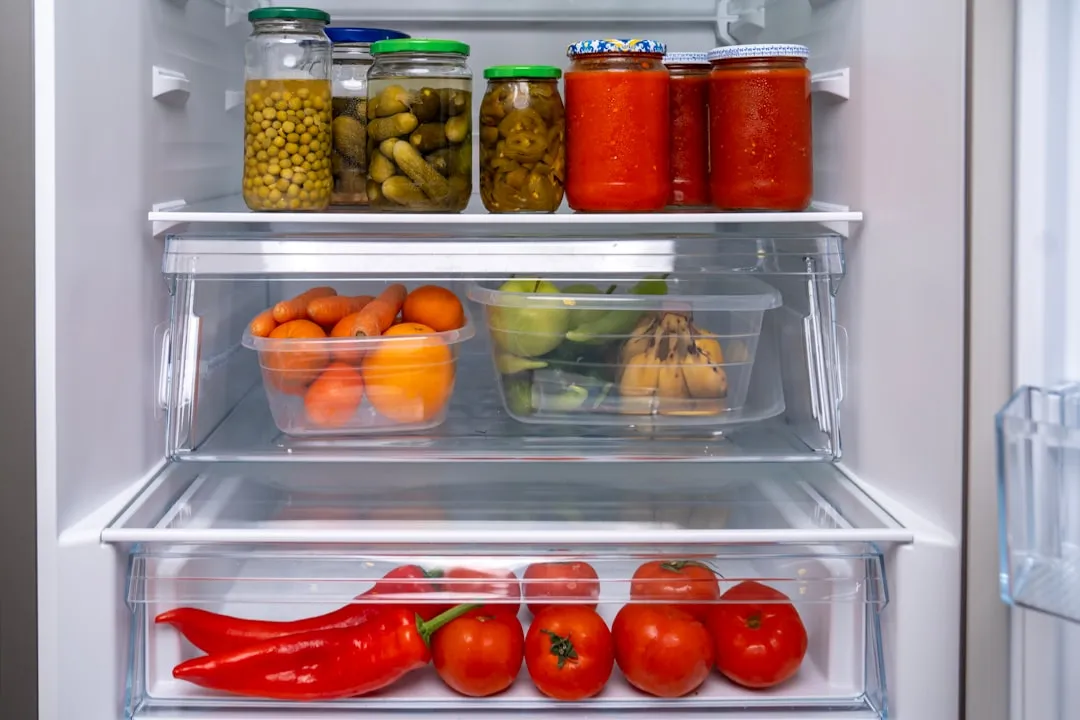
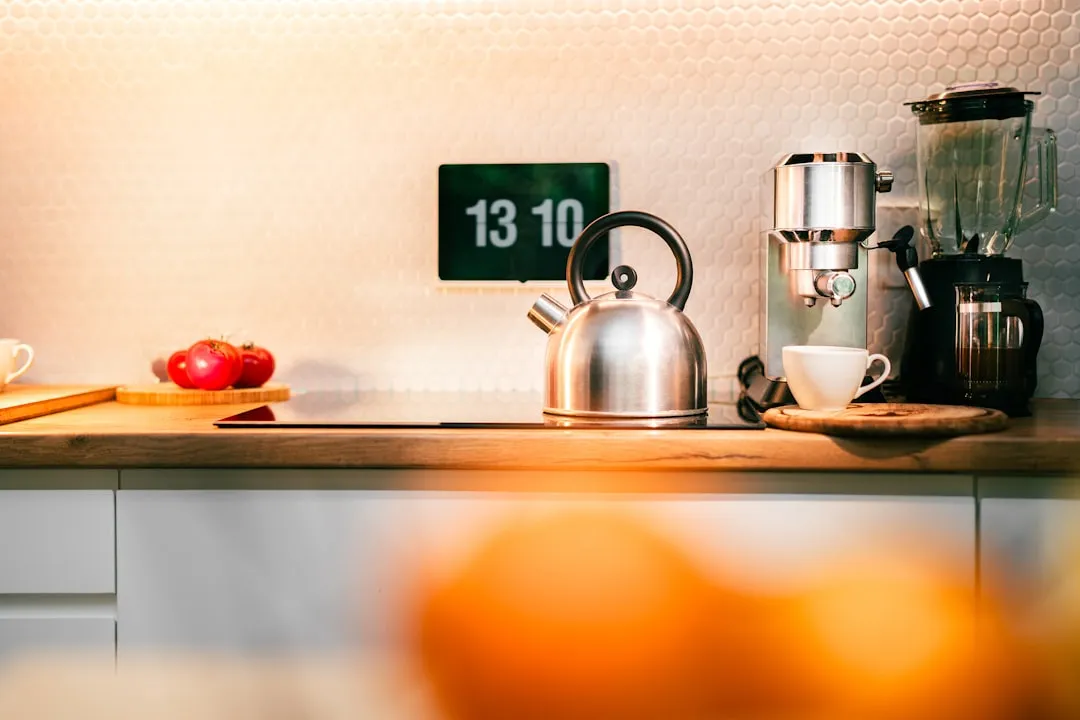
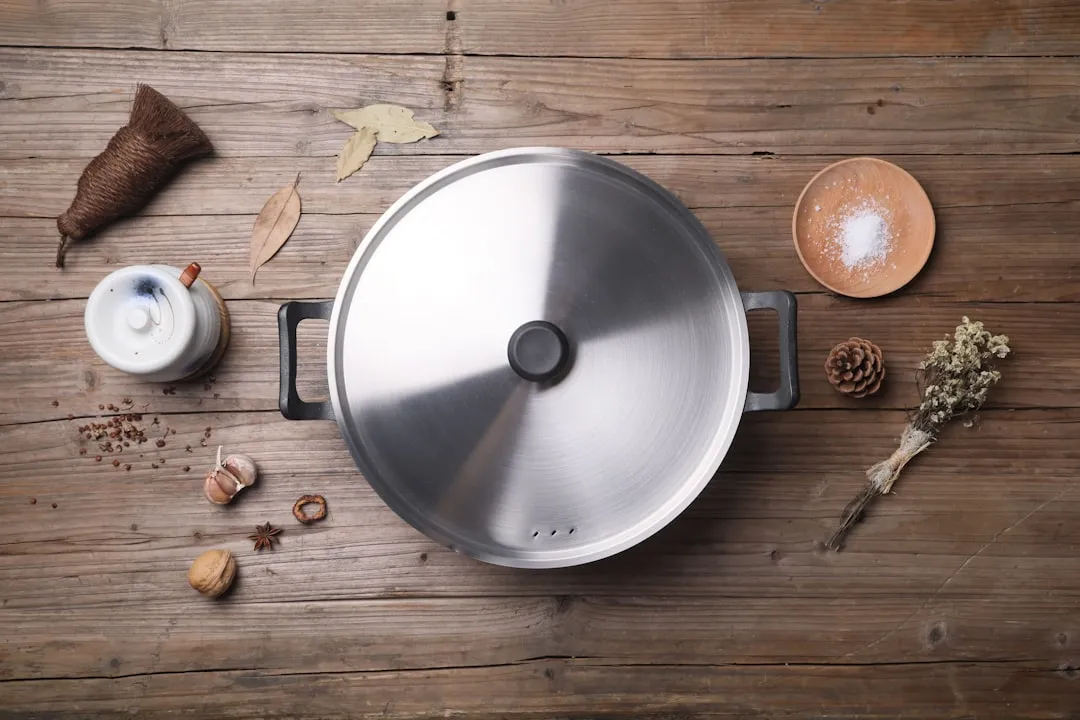
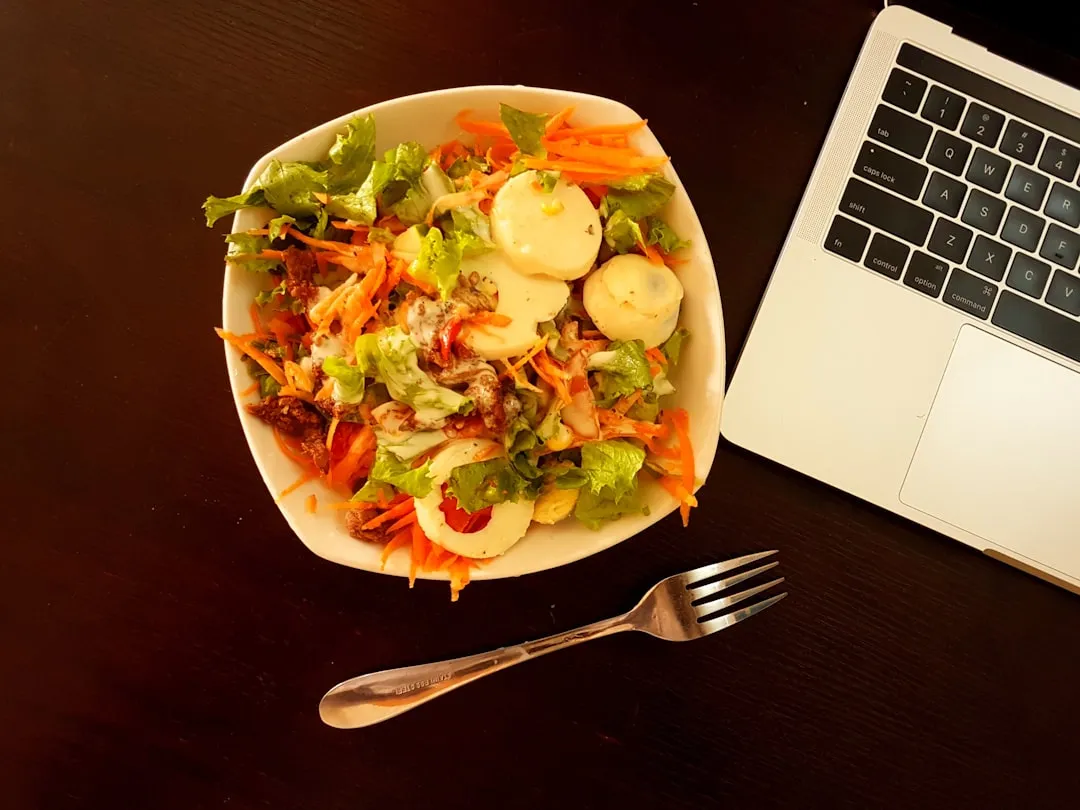
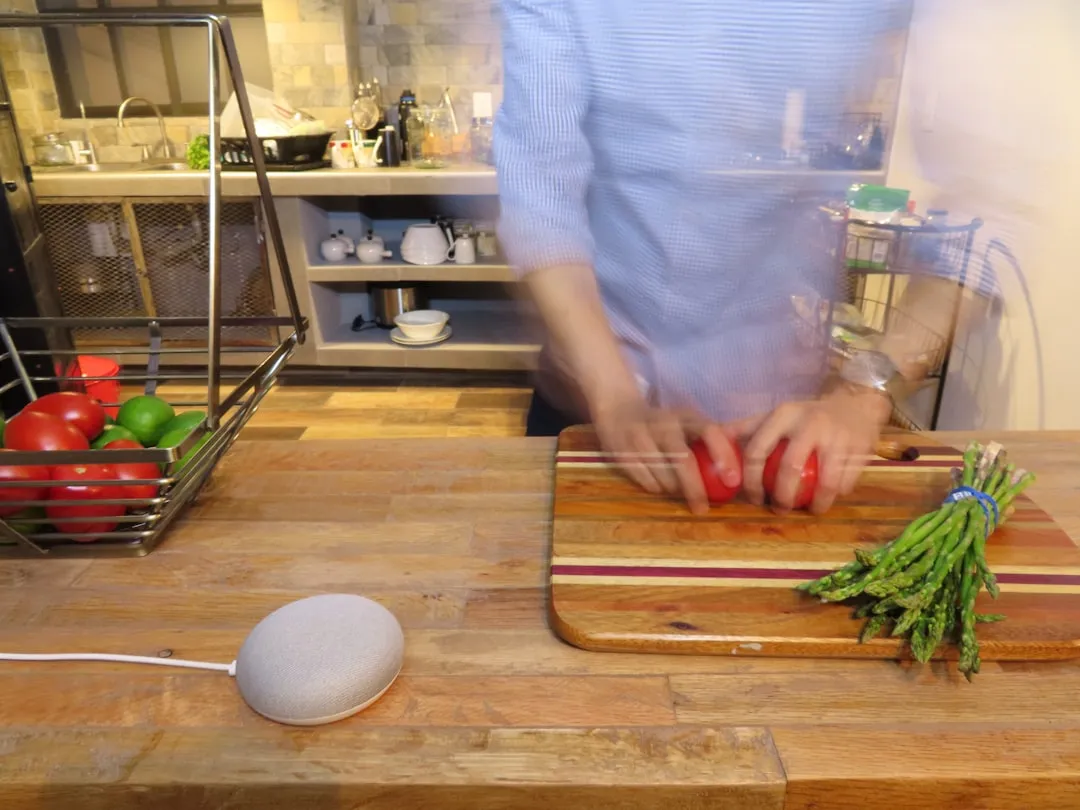
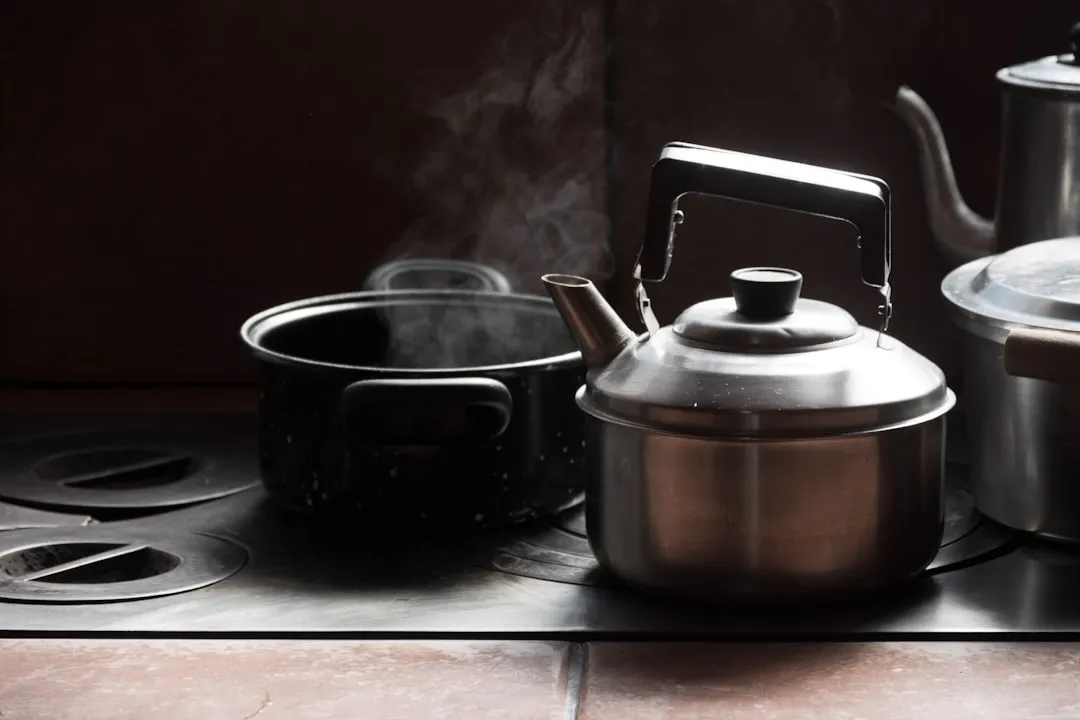
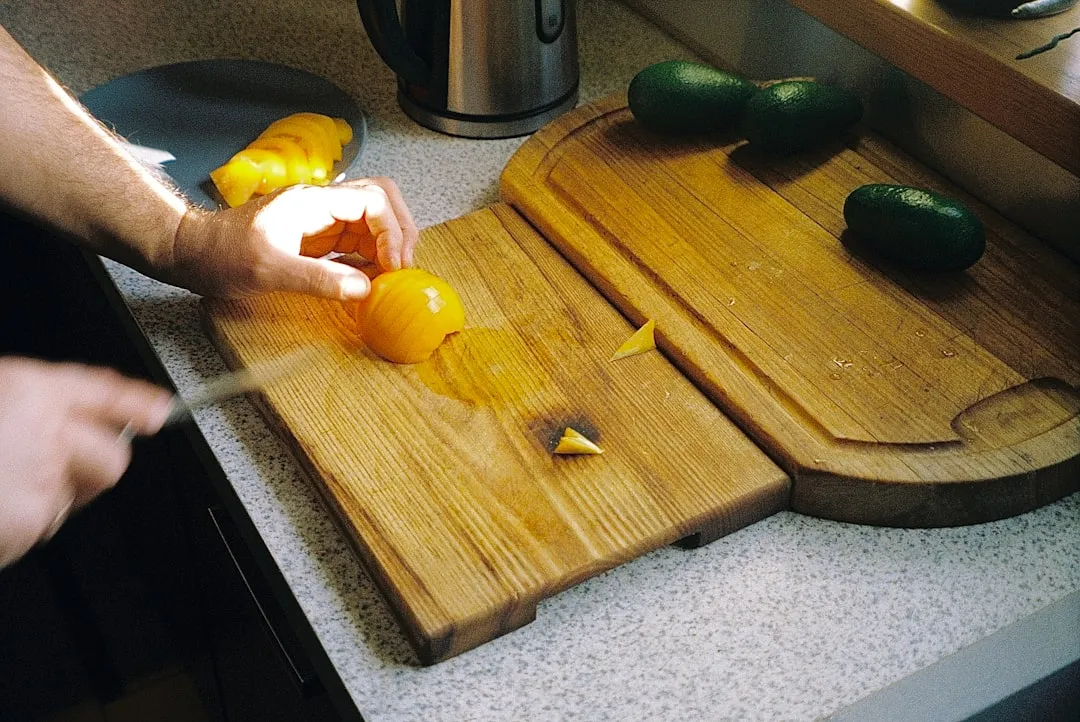
Comments
Be the first, drop a comment!